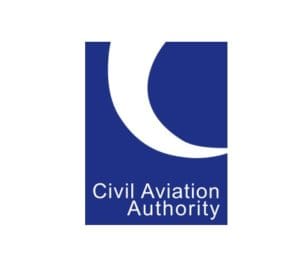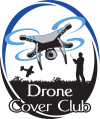The Ins and Outs of Drone Rules & Regulations in the UK
Written by R. Nixon | Published: 30th August 2024
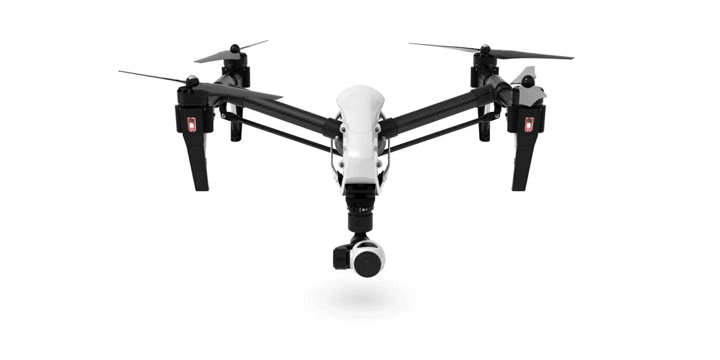
Are you interested in owning and operating a drone?
A drone can be a great addition to many businesses and organisations, and it can also form a great hobby for individuals.
It’s important before purchasing and operating a drone, you fully understand UK drone laws to avoid getting into any legal trouble, as well as to ensure you’re using your device safely.
Please keep in mind that related rules and regulations are constantly changing, so it does pay to keep updating yourself to stay up to date.
Drone Licenses
To follow current drone laws, you must have a UK Drone License to fly a drone. You absolutely must be registered – there is no way around this.
UK drone flying rules state that you will be required to pass a theory test to obtain a Flyer ID.
As well as a Flyer ID, whoever is responsible for the drone needs to register to obtain an Operator ID.
Click here for more information.
UK Drone Flying Rules
- Your drone needs to weigh under 20 kg.
- You cannot fly above 400 feet in altitude.
- Your drone must always remain in your sight.
- Always keep your drone away from aircraft, helicopters, airports and airfields.
- You are not allowed to fly within 50 metres of any person, vehicle, vessel or building.
- Your drone must not be flown within 150 metres of a congested area or any large group of people such as a concert, if you were to go against this rule you could be prosecuted.
CAA Drone Registration
If a drone weighs more than 250 grams, it has to be registered with the CAA (Civil Aviation Authority).
The pilot of the drone must also complete an online safety test, which will result in obtaining a Flyer ID as well as an Operator ID that needs to be attached to your drone.
UK Drone Insurance
In terms of insurance, everyone with a drone should have personal liability insurance in case your drone crashes causing damage. This way you have cover in place if a claim is made against you.
You may find that your drone is covered for damage by your home insurance, but just make sure of the details within your product’s small print to be on the safe side, particularly as many companies have removed drones from their home insurance policies, or they have excluded damage caused by drones being countable.
The Top 5 Drone Insurance Companies, as Reccommended by Flykit:
For more information from the Flykit blog, click here.
Footage Shot By Us at St. Paul’s Cathedral
Shot on a DJI 3 Drone by our Drone Pilot, R. Nixon
Camera & Recording
If you intend to record an area where people are located, you must first inform them before you begin to respect privacy. Again, failure to do so could result in being prosecuted.
There are also additional regulations to follow if your device is fitted with a camera. Furthermore, there are restrictions to understand in regards to airfield operations.
We recommend visiting the official CAA website to learn more about these and to discover a full and detailed list of all UK rules and regulations regarding the owning and flying of drones.
When you are in ownership of your new drone, it has been registered and you have begun flying it, there are some actions that you might want to take, and we highly recommend considering the use of a professional company to conduct these particular tasks.
These include the use of drones for roof inspections, aerial photography with drones, promo videos created with drones for business purposes and commercial drone inspections.
Stay updated with us:
How Can SolidPoint Help Your Project?
At SolidPoint, we are passionate about providing accurate and efficiently collected data for our clients and have worked on numerous projects across the UK. If you are looking to commission a survey in your next project, please don’t hesitate to Get in touch with a member of our friendly team to discuss your requirements and get a free quote.
Alternatively, you can call us on 01332 898350 or email us at projects@solidpoint.co.uk for more information on our services. We look forward to hearing from you!
Give us a call on
Request a Free Quote
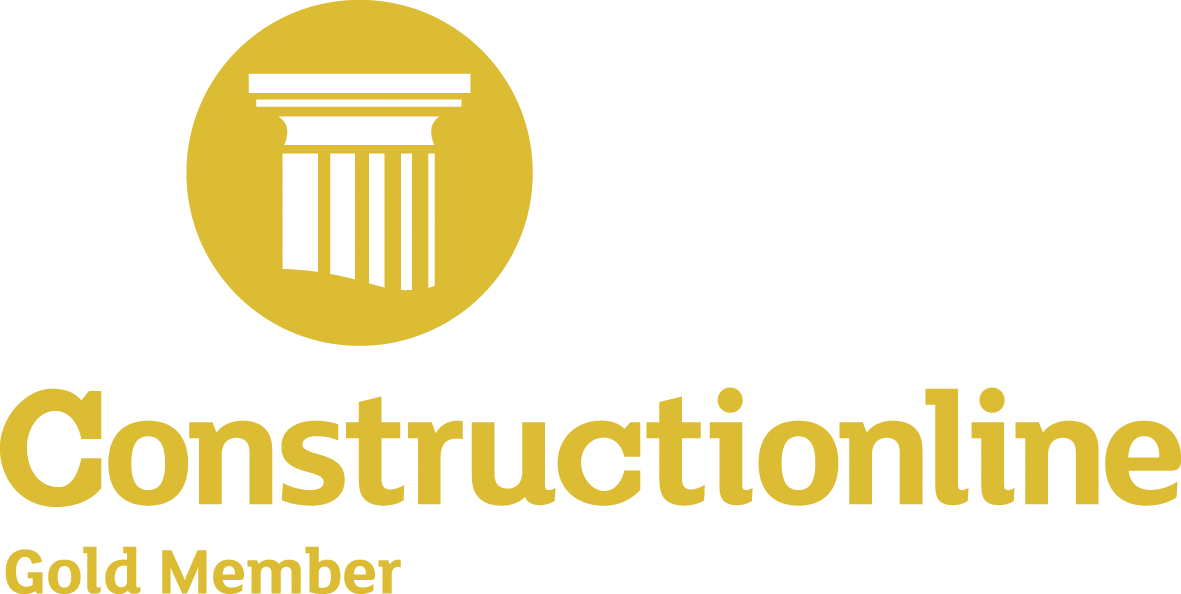
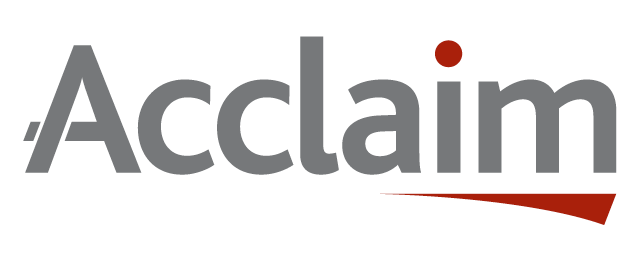

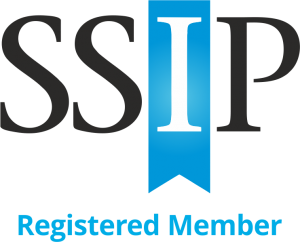
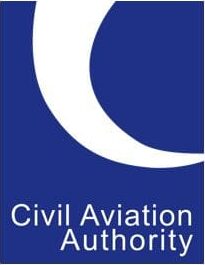
Trusted Suppliers for:













